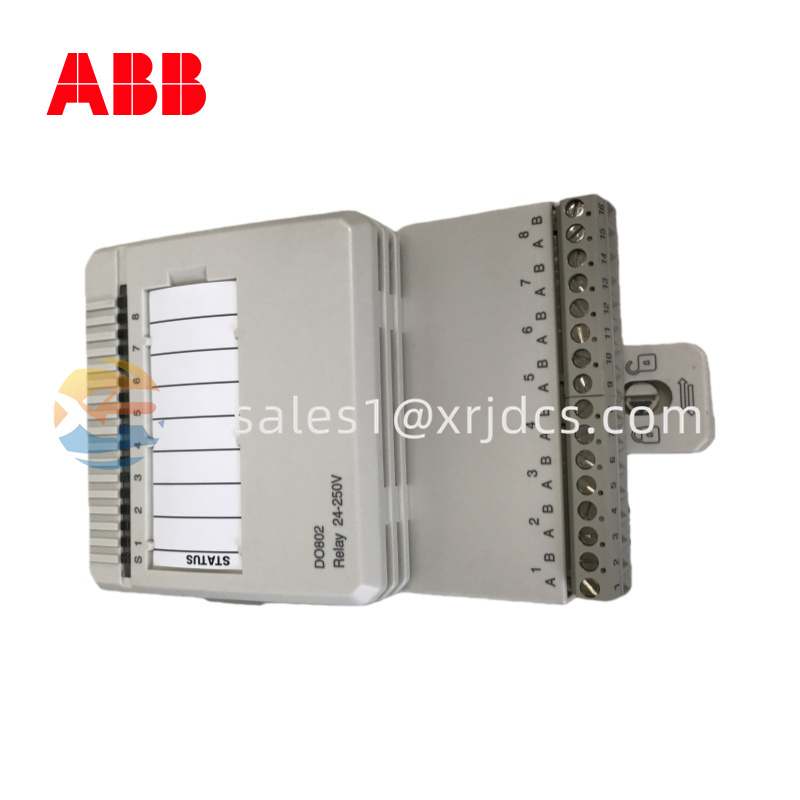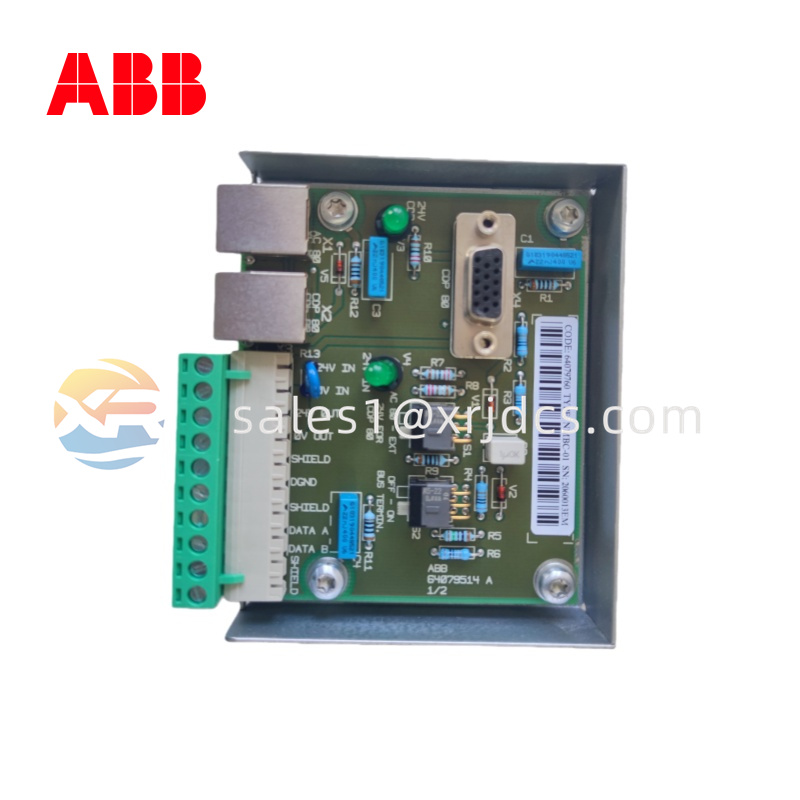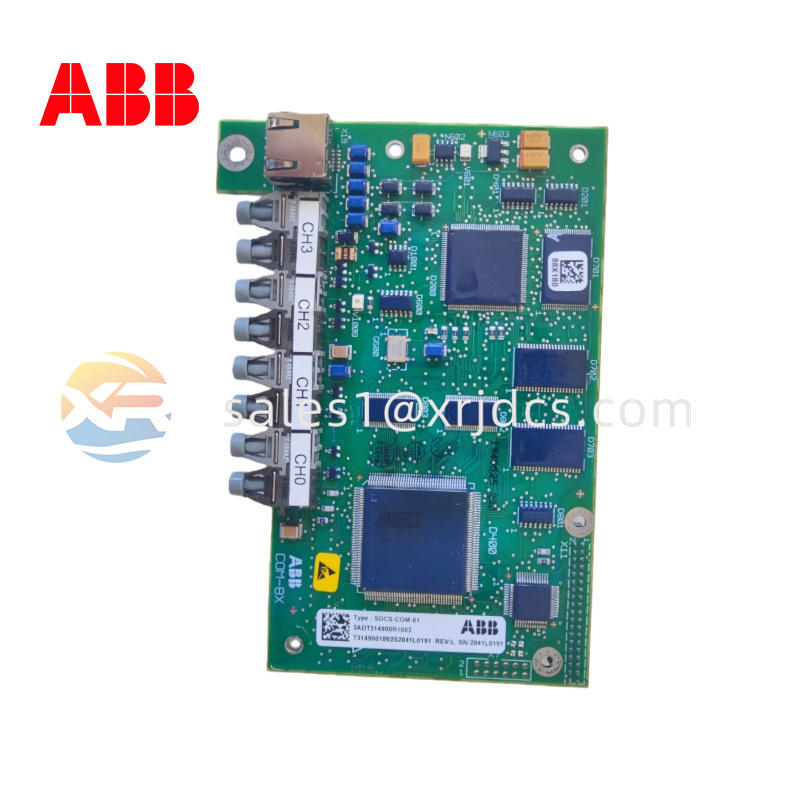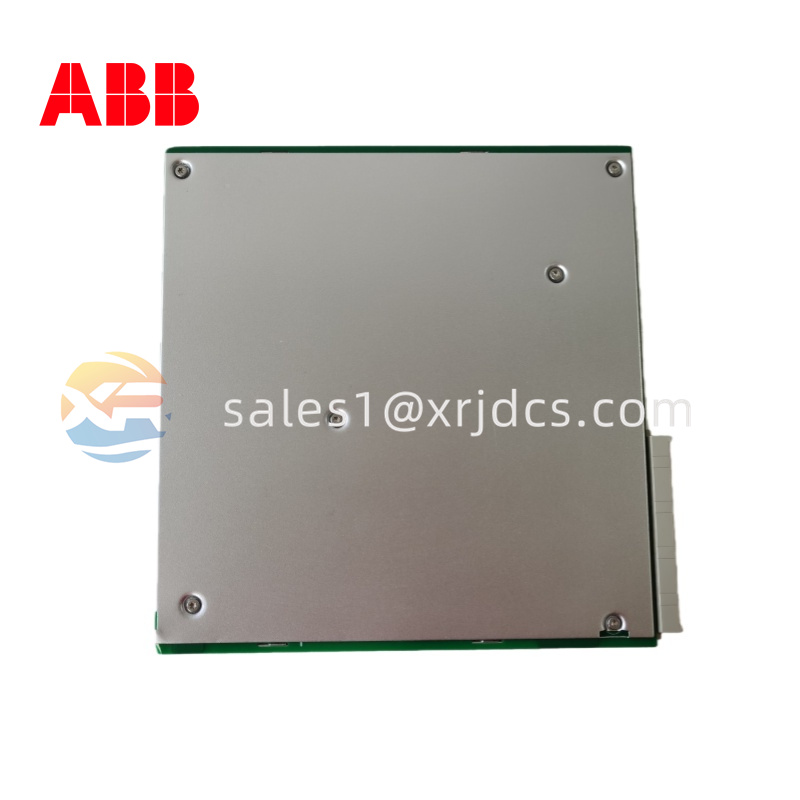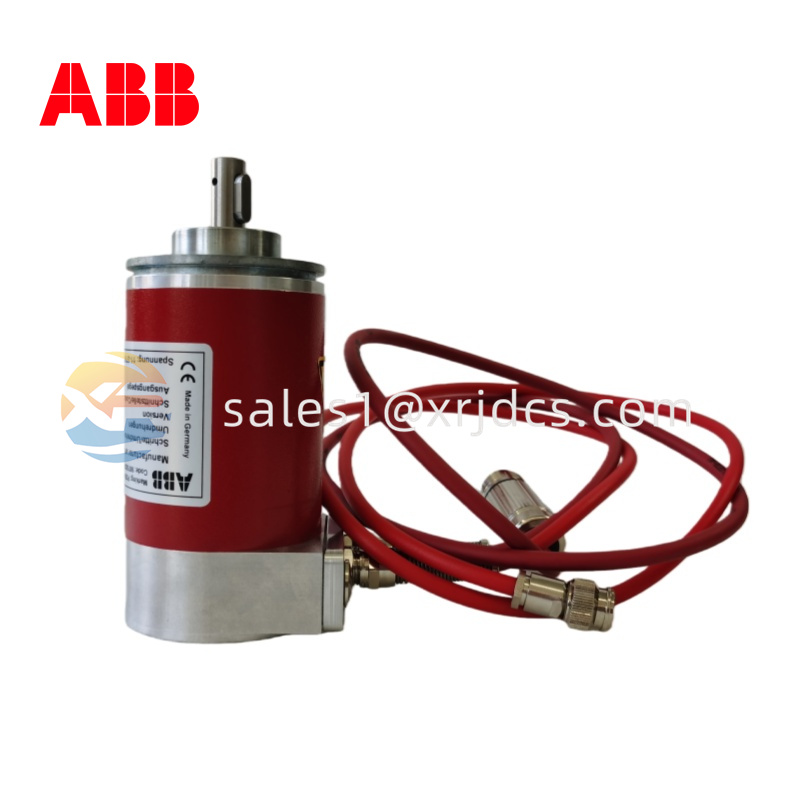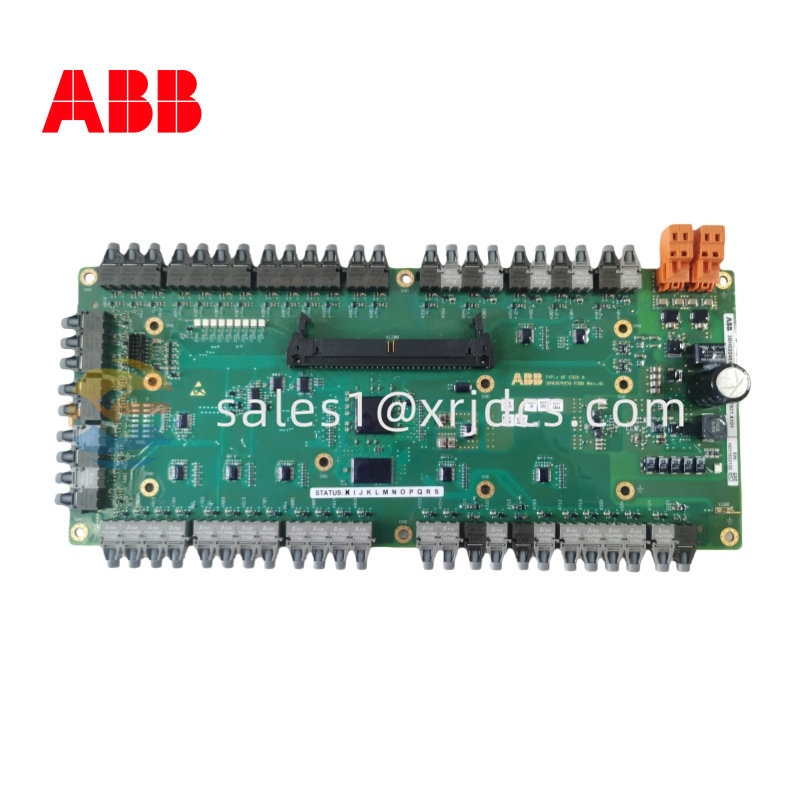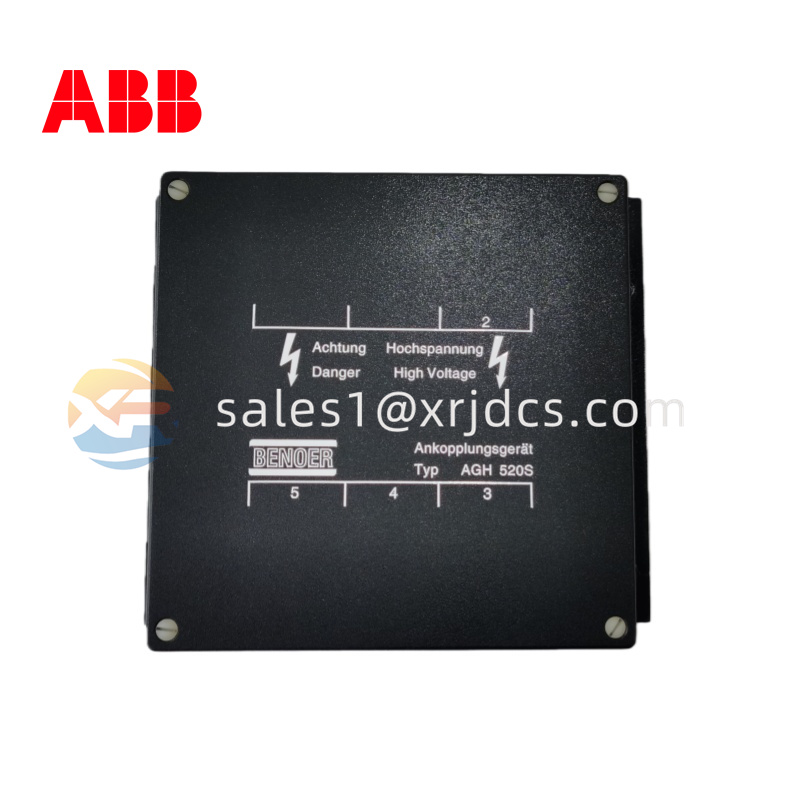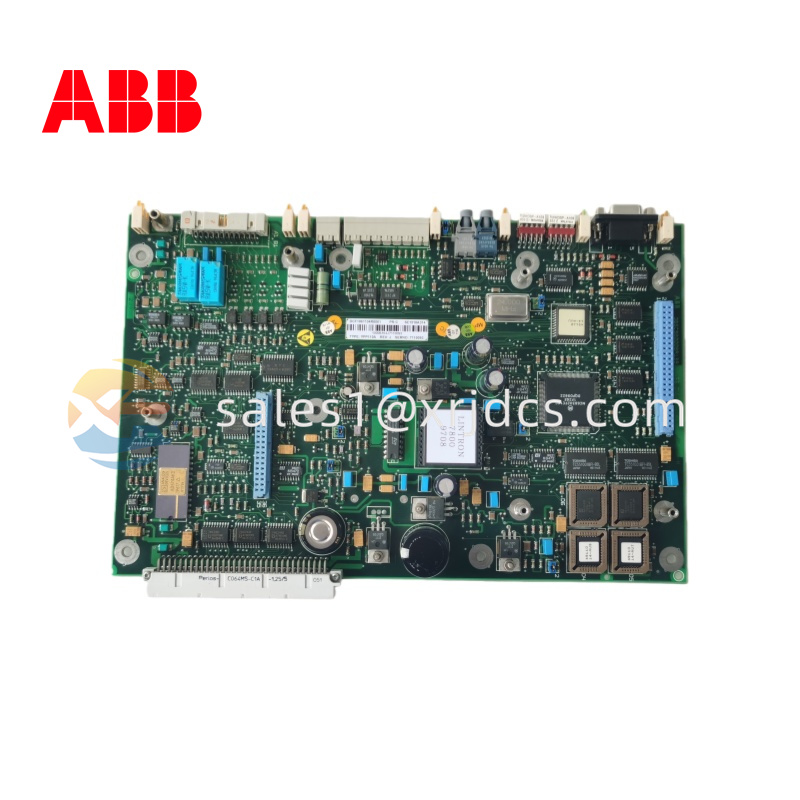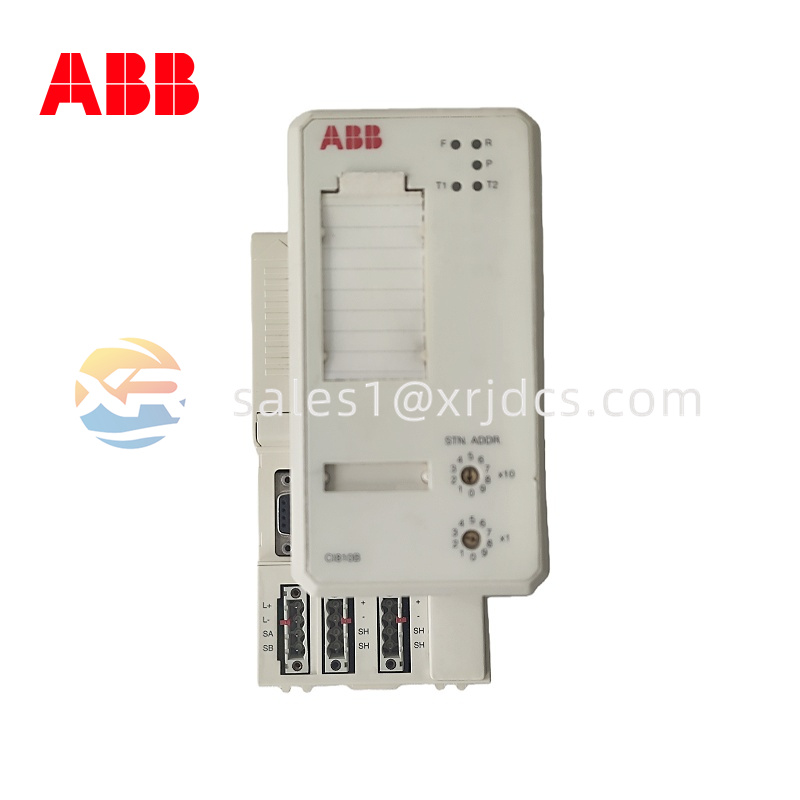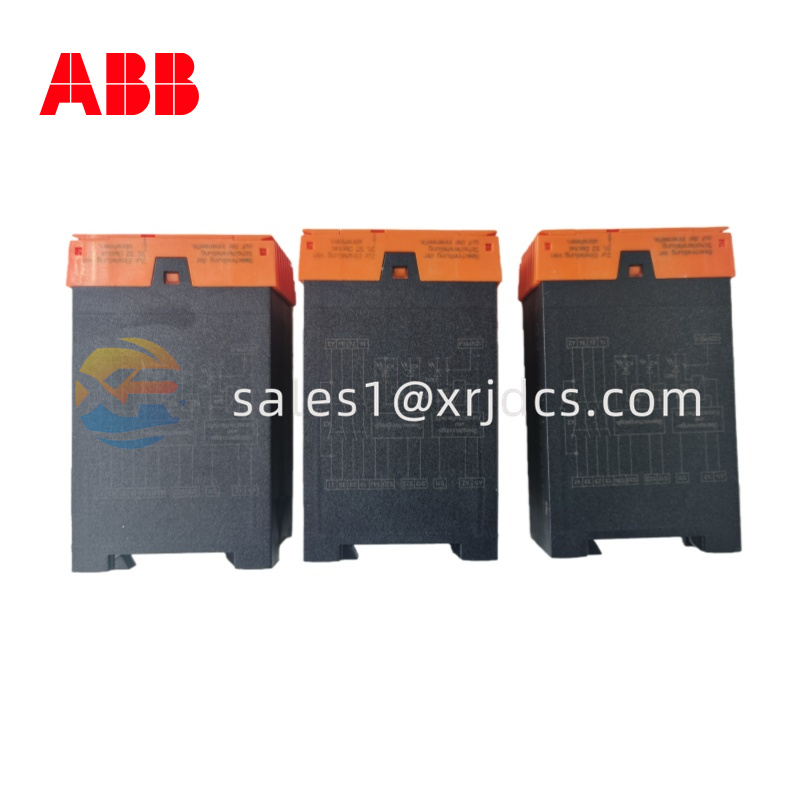ABB DSPC174 3BSE005461R1 Processor Communication Module
Applications
The ABB DSPC174 3BSE005461R1 is a powerful processor and communication interface module used primarily within ABB’s AC 800M and Advant OCS control systems. It acts as a key processing element, coordinating communication between field devices, I/O modules, and higher-level control processors.
Common application areas include:
Power Generation Automation (turbine and generator control)
Chemical and Petrochemical Plants
Water and Wastewater Management Systems
Pulp and Paper Industry Automation
Marine and Transportation Control Systems
Factory and Process Automation Networks
Its reliability and performance make it a preferred choice for engineers requiring stable data handling and communication within distributed industrial control networks.
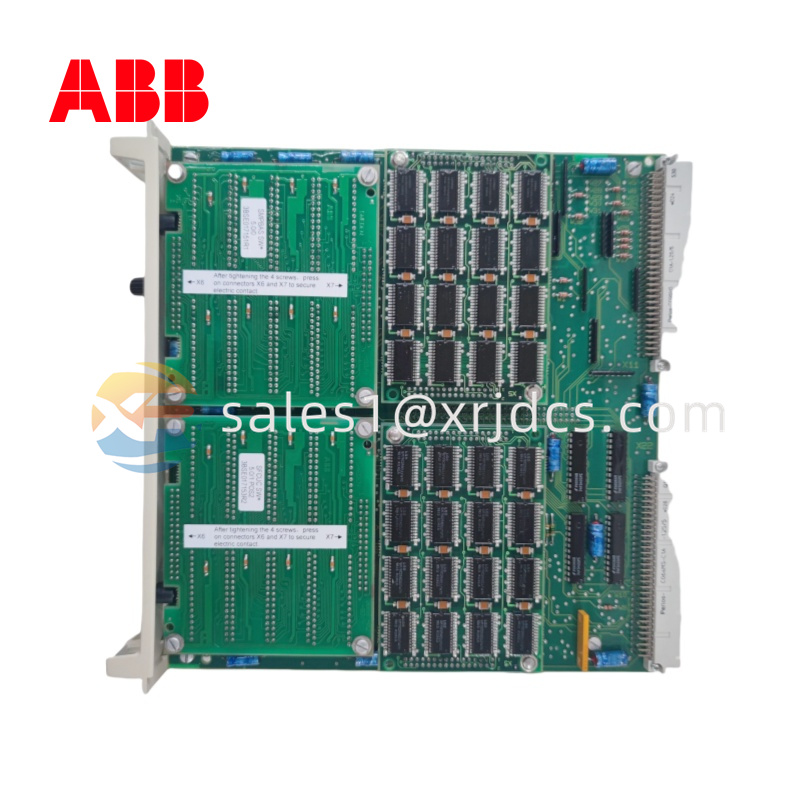
Overview
The DSPC174 3BSE005461R1 module serves as both a communication controller and logic processing unit. It facilitates data exchange between different system layers—such as controllers, operator stations, and field I/O modules—ensuring precise and deterministic operation.
Designed for ABB’s Advant Controller 160/100 series, it integrates seamlessly into ABB’s modular DCS environment, enabling high-speed data transfer and robust process synchronization.
The module features ABB’s signature design standards, including excellent EMC protection, low heat dissipation, and long service life, even in harsh industrial environments.
Technical Parameters
| Parameter |
Specification |
| Model Number |
DSPC174 |
| Part Number |
3BSE005461R1 |
| Function |
Processor and communication module |
| System Compatibility |
ABB Advant OCS, AC 800M systems |
| Processor Type |
Embedded industrial microprocessor |
| Operating Voltage |
24 V DC (nominal) |
| Power Consumption |
≤ 10 W |
| Communication Interface |
Serial, system bus, and field network ports |
| Memory |
Flash and RAM for program storage and execution |
| Mounting Type |
Rack-mounted in system chassis |
| Operating Temperature |
0°C to +60°C |
| Storage Temperature |
–40°C to +85°C |
| Weight |
Approx. 0.5 kg |
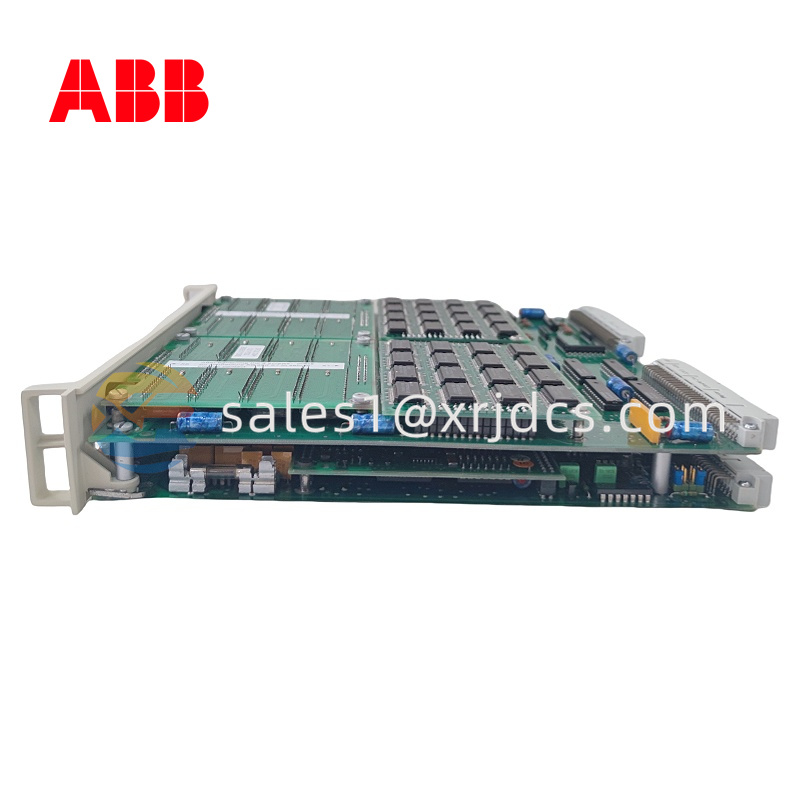
Key Features
High-Speed Data Handling: Enables efficient communication between controllers and I/O modules.
Robust Processing Capability: Designed for continuous operation under heavy workloads.
Seamless Integration: Compatible with ABB control networks and configuration tools.
Advanced Diagnostics: Built-in self-monitoring and error reporting for quick troubleshooting.
Compact Modular Design: Saves space and simplifies system upgrades or replacements.
Long-Term Stability: Designed to operate reliably under industrial thermal and electrical stress.
Structure & Composition
The ABB DSPC174 is built with a multilayer PCB that houses all processing and communication components. Key internal features include:
Microprocessor core for control logic execution.
Memory chips (RAM/Flash) for firmware and runtime storage.
Bus connectors for communication with system backplane.
Diagnostic LEDs for status and fault indication.
Protective casing that minimizes EMI and enhances durability.
The board’s architecture follows ABB’s modular hardware philosophy, allowing quick installation, efficient cooling, and ease of maintenance.
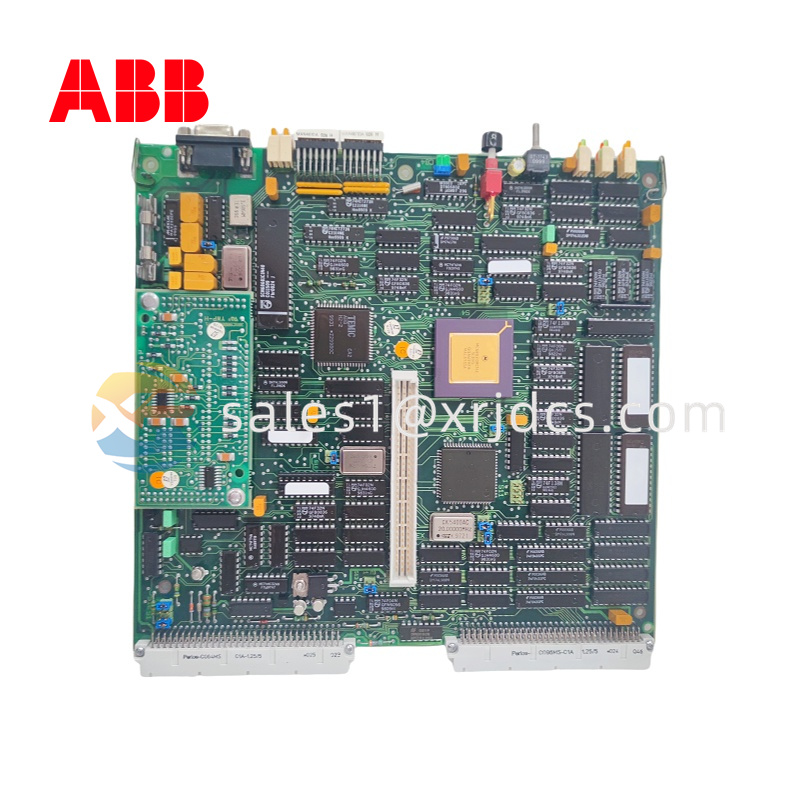
Installation & Maintenance
Installation:
Ensure the control rack is powered off before inserting the module.
Slide the DSPC174 into its assigned slot until it seats securely in the backplane connector.
Tighten any locking screws or retainers to ensure mechanical stability.
Power on the system and verify LED indicators for normal operation.
Maintenance:
Clean periodically using dry, compressed air to prevent dust accumulation.
Handle only in ESD-protected environments.
Verify firmware compatibility during replacements or upgrades.
If communication errors occur, inspect bus connectors and perform diagnostics via ABB tools.
Additional Information
The ABB DSPC174 3BSE005461R1 is tested under ABB’s stringent quality and environmental standards, including IEC, CE, and RoHS compliance. Its exceptional reliability, modularity, and system compatibility make it an indispensable part of ABB’s distributed control architecture.
Each unit is serialized for traceability and lifecycle management, ensuring compatibility within long-term automation infrastructure projects.
 Switzerland
Switzerland 








.jpg)
.jpg)
























